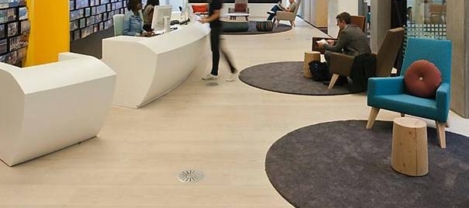December 16, 2015
Employers failing to exploit positive influence on employee health 0
 Three-quarters of UK employers believe they are responsible for positively influencing employee health, yet many do not appear to be doing much to ensure this happens. The annual Benefits and Trends Survey by Aon Employee Benefits found that 75 percent of businesses believe they are responsible for changing employee health and wellbeing behaviours, yet 72 percent still do not currently have a specific budget for it and 38 percent do not use any data or analytics to inform their strategy. It found that only 25 percent of employers have a branded health and wellness programme in place. More encouragingly though, a significant minority (14 percent) said that senior leadership acted as advocates of employee health, while 12 percent had location-based wellness champions. Perhaps because it doesn’t directly impact the bottom line, the most popular health and wellbeing tactic is a flexible approach to working, with 53 percent of employers saying this is offered.
Three-quarters of UK employers believe they are responsible for positively influencing employee health, yet many do not appear to be doing much to ensure this happens. The annual Benefits and Trends Survey by Aon Employee Benefits found that 75 percent of businesses believe they are responsible for changing employee health and wellbeing behaviours, yet 72 percent still do not currently have a specific budget for it and 38 percent do not use any data or analytics to inform their strategy. It found that only 25 percent of employers have a branded health and wellness programme in place. More encouragingly though, a significant minority (14 percent) said that senior leadership acted as advocates of employee health, while 12 percent had location-based wellness champions. Perhaps because it doesn’t directly impact the bottom line, the most popular health and wellbeing tactic is a flexible approach to working, with 53 percent of employers saying this is offered.














 The allure of London for Generation Y appears to be fading, according to
The allure of London for Generation Y appears to be fading, according to 
















September 21, 2015
Five essential office design trends to look for in the near future 0
by Tom Brialey • Comment, Facilities management, Flexible working, Workplace design
(more…)